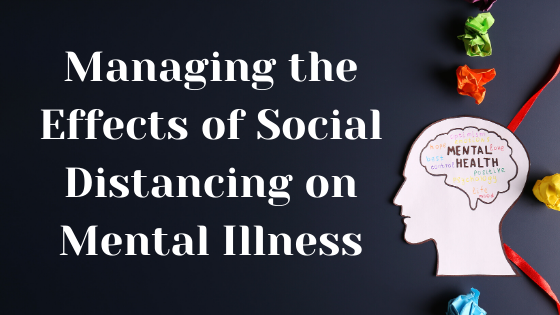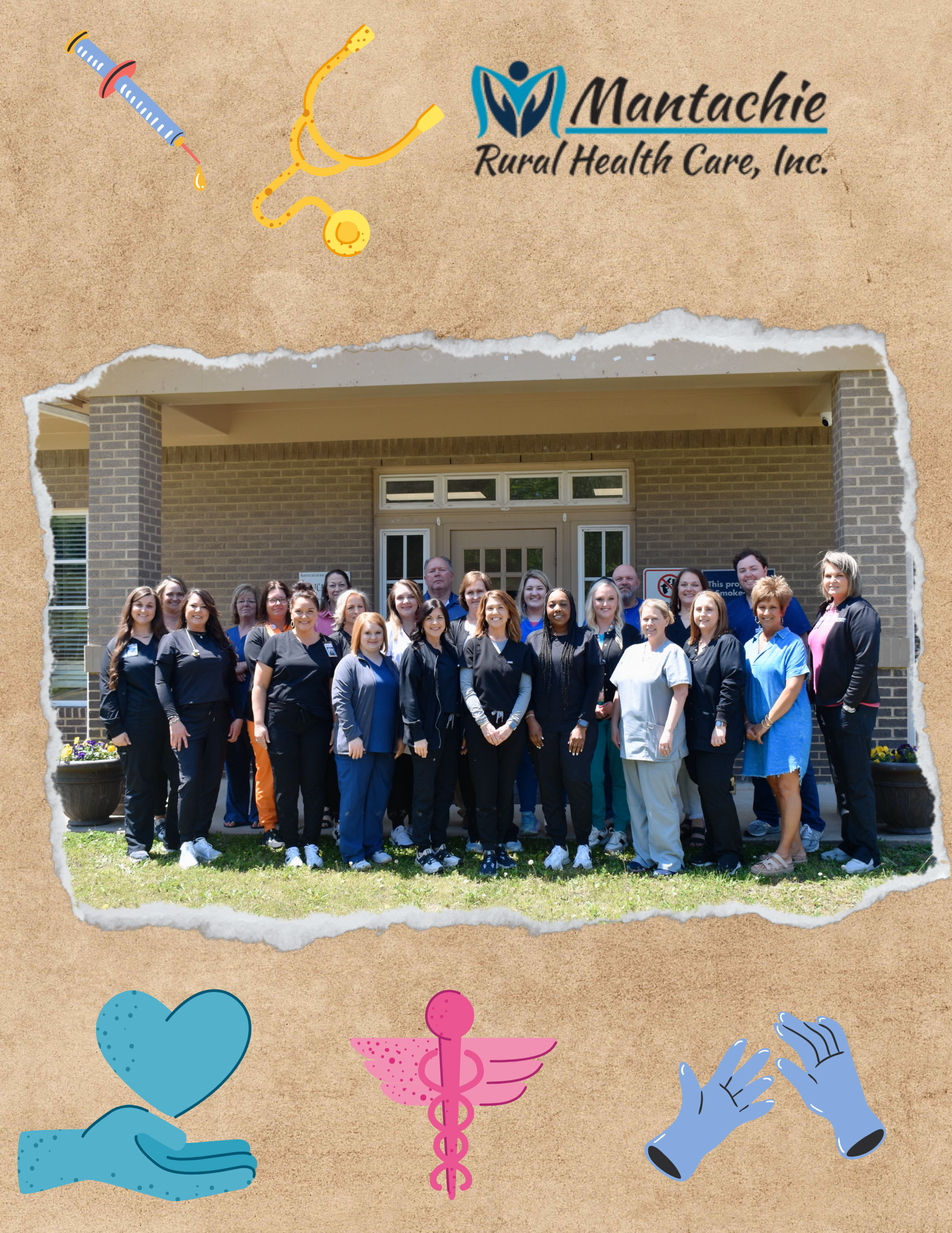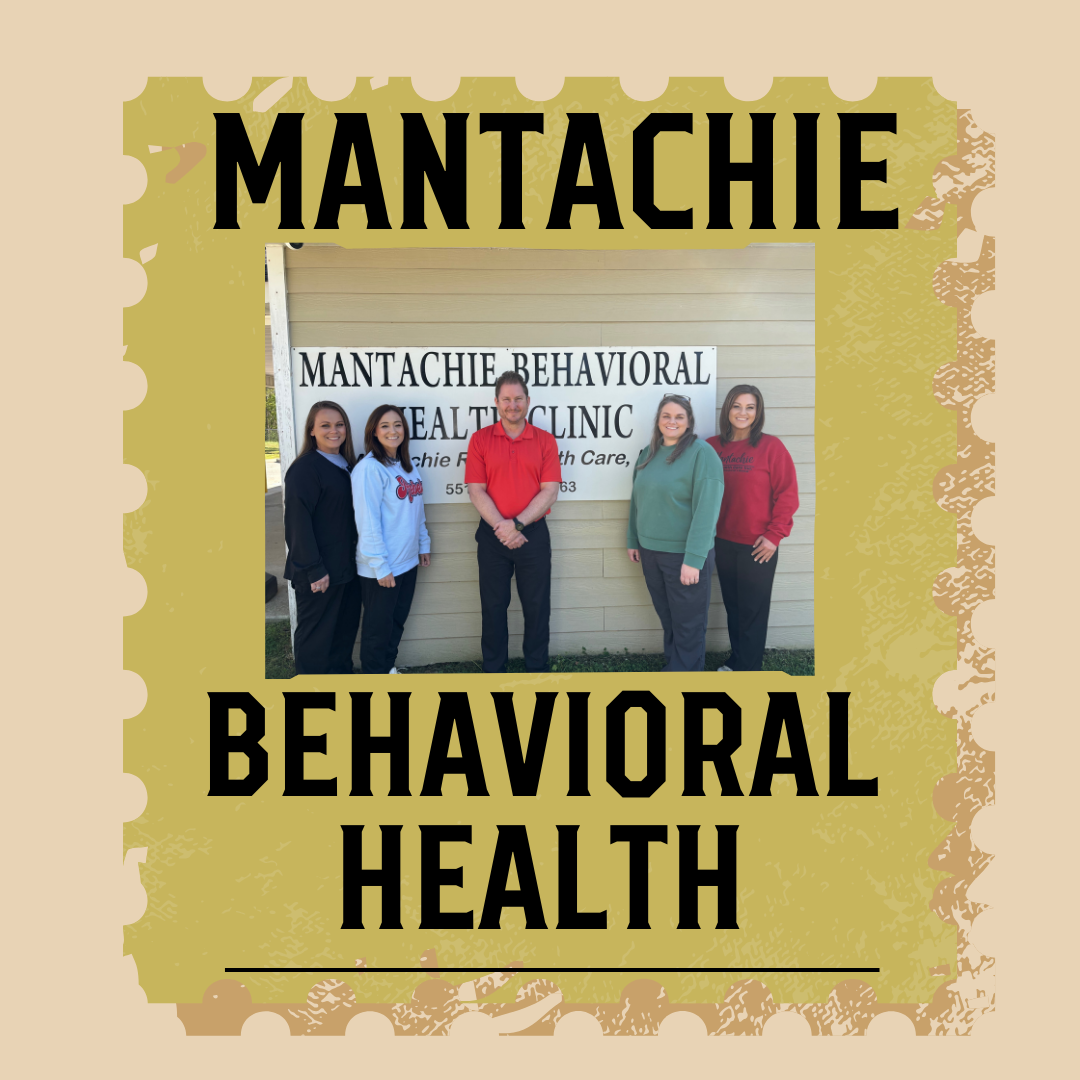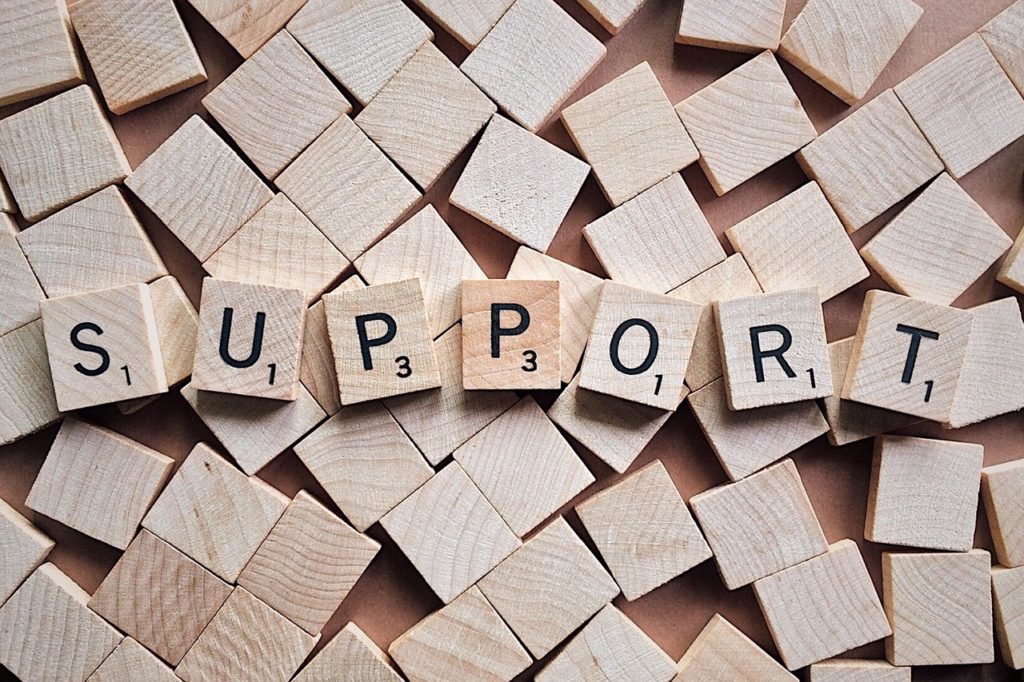
Social distancing is important to slow the spread of the coronavirus. However, it can have unintended mental health consequences. We as humans are designed to be social, to interact with one another, and even to respond to positive touch. While we don’t have a lot of studies surrounding quarantine and isolation, the few studies conducted following the 2004 SARS outbreak show an increase in anxiety and depression. As social distancing drags on, we can expect to see more people suffering from mental illness.
If we could squash the coronavirus and end social distancing today, we would. We would have ended it a month ago if that was in our power, but it’s not. We can, however, recognize what’s happening around us and take steps to care for our mental health and the health of others around us every day.
Admit the truth about our new world
Almost everyone feels a bit “off” right now. We’ve all been affected whether by losing a job, being sent home to telecommute, not being able to find the supplies we need in stores, or being directly exposed to or sick with the virus. Nothing about this situation is okay, and the first step to managing our mental health is to admit it.
Our emotions can range from fear and anxiety to depression and boredom to anger. Admit your emotions and give yourself permission to say this situation isn’t okay. Then think about what parts of the situation you can control.
Stay connected
While we may not be able to hang out with friends after work or have dinner with our extended family, we can take advantage of technology to stay connected. Plan a virtual happy hour with friends online. Video chat with family members. Text friends and check in with them on a daily basis.
Pay particular attention to friends or family members who have suffered from anxiety, depression or loneliness in the past and older adults who live alone. These groups tend to have the hardest time managing the anxiety and depression that comes along with social distancing.
Temper your expectations
Gwyneth Paltrow suggests we use this time away from school and work to learn a new language, pick up an instrument or read a book. Those expectations set the bar pretty high. If you’re doing good to keep up your kids’ homeschool assignments while managing your telecommuting work let that be enough. Taking up a new hobby that doesn’t include monitoring the news every fifteen minutes is a great way to pass the time, but don’t expect your piano skills to be ready for Carnegie Hall in four weeks.
Creating unrealistic expectations for yourself during this time only increases your stress levels.
Create a routine
Routines won’t cure everything, but they place something back into your control. Include time for exercise and being outdoors if you can manage it while observing social distancing rules. Luckily in Mississippi, most of us can.
Staying busy keeps our minds off the news and the fears about job security, paying the bills, and access supplies.
Limit news access
Just because news is available 24/7 doesn’t mean we need to consume it during all those hours. Increased news and social media consumption lead to increased anxiety and depression. Set specific times each day that you’ll check the news and select reputable news sources.
We wish improving and protecting your mental health during these days of uncertainty was as easy as following a few bullet points. We know it’s not. These points can help you find a clear path to managing the anxiety and fear that lives among almost all of us right now. The one thing we ask you not to do is numb your emotions using drugs and alcohol.
If your depression, anxiety, or other mental health concerns are affecting your everyday life, it’s time to get some help. Call our mental health clinic at 662-282-4359 to talk to a counselor about options available for you. Don’t suffer alone. Ask for help.
For additional suggestions on managing fear and anxiety during the days ahead check out this article from PSYCOM.





